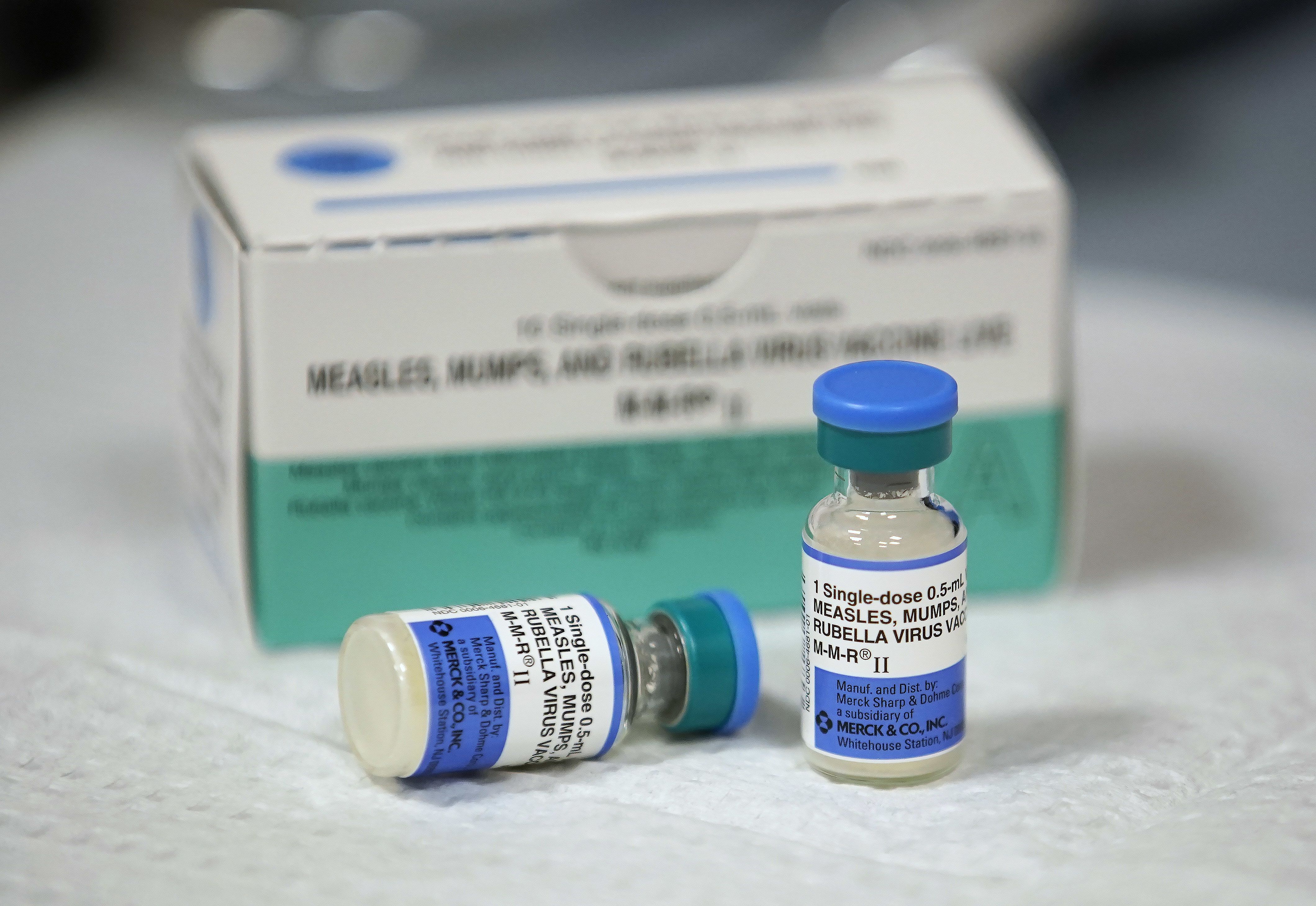Why Hospitals Are Increasingly Vulnerable to Ransomware Attacks

A recent ransomware attack targeting a lab provider disrupted several hospitals and primary care doctors in London this week, causing delays in operations and blood tests.
The impact of the attack was described as “significant,” with Synnovis, the lab provider, emphasizing that such attacks can occur unpredictably. While the full extent of data impact remains unknown, an NHS spokesperson confirmed that all urgent and emergency services are operational, although some non-urgent procedures and surgeries relying heavily on pathology services had to be postponed. This has led to the cancellation of phlebotomy appointments, with prioritization given to critical cases.
Ransomware attacks, where malware blocks access to files until a ransom is paid, are increasingly prevalent in the healthcare sector due to its expanding digital footprint. According to Laura Heuvinck from the EU Agency for Cybersecurity (ENISA), such attacks, including phishing attempts, have grown alongside digitalization.
A report from ENISA highlighted that ransomware accounted for 54% of cyber incidents in the healthcare sector from 2021 to 2023, citing financial gain as the primary motive for attackers. Patient data, including electronic health records, are often targeted for fraud or identity theft.
Despite the sector’s vulnerability, only 23% of healthcare organizations had dedicated ransomware programs by 2023. The European healthcare system has been particularly affected, with instances reported in France and the wider EU. However, proactive monitoring and cybersecurity measures have mitigated some impacts, although incidents have persisted.
Alan Woodward, a cybersecurity expert, explained that hospitals’ interconnected nature makes them susceptible to attacks. The connectivity required to coordinate between providers increases the attack surface for cybercriminals, as demonstrated by past incidents like the 2017 WannaCry attack in England.
Woodward stressed the importance of preparedness and incident response plans within hospitals, emphasizing education on recognizing phishing attempts and implementing multi-factor authentication. Despite recommendations against paying ransoms, some healthcare organizations have succumbed due to critical operational dependencies.
Addressing cybersecurity challenges in hospitals requires ongoing vigilance and investment in robust defenses to safeguard patient data and critical operations.





